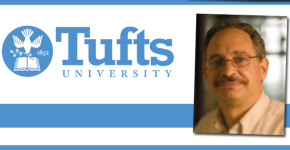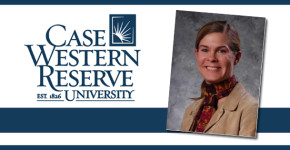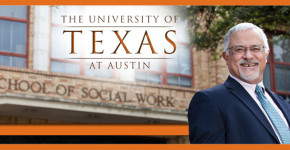Author: Academic Minute
-

Matt Lapierre, UNC Wilmington – Marketing to Kids
There’s a wide array of kid’s products and videos claiming to be educational. Matt Lapierre, assistant professor of communications at the University of North Carolina Wilmington, examines the effectiveness of marketing in spite of the lack of observable results. Matt Lapierre is an assistant professor of communication studies at the University of North Carolina Wilmington.…
-

Keith Humphreys, Stanford University – Alternative Tobacco Products
Alternative tobacco products are on the rise. Keith Humphreys, professor of psychiatry at Stanford University, discusses a form of smokeless tobacco that is catching on overseas. Keith Humphreys is a Professor and the Section Director for Mental Health Policy in the Department of Psychiatry and Behavioral Sciences at Stanford University. He is also a Senior…
-

Dennis O’Rourke, University of Utah – Life on the Bering Land Bridge
The Bering Strait is usually thought of as the migratory path whereby many of our ancestors found their way to America. Dennis O’Rourke, professor of anthropology at the University of Utah, is hunting for clues that might indicate a people indigenous to this area. Dr. Dennis O’Rourke is a professor in the Department of Anthropology…
-

Julia Boehm, Chapman University – Health and Happiness
Does being happy make you healthier? Is, perhaps, the inverse also true? Dr. Julia Boehm, assistant professor in psychology at Chapman University, is studying the correlation between mind and body. Dr. Julia K. Boehm is an assistant professor in psychology at Chapman University. She received her Ph.D. in psychology from the University of California, Riverside…
-

Jeremy Mould, Swinburne University of Technology – Gravity’s Constant
Have the natural laws that govern the cosmos ever changed? Dr. Jeremy Mould, professor of astrophysics and supercomputers at the Swinburne University of Technology, observes that gravity has remained unchanged for billions of years. Jeremy Mould is a graduate of the University of Melbourne and of the Australian National University. He is a professor at Swinburne…
-

David Kaplan, Tufts University – Silk Medical Improvements
Metallic screws and plates have long been used in reconstructive medical procedures. Dr. David Kaplan, professor of biomedical engineering at Tufts University, touts the potential benefit of replacing metal with silk in these surgeries. David Kaplan holds an Endowed Chair, the Stern Family Professor of Engineering, at Tufts University. He is Professor & Chair…
-

Megan Papesh, Louisiana State University – Flaws of Facial Recognition Technology
Facial recognition technology is still in its infancy. Dr. Megan Papesh, assistant professor of psychology at Louisiana State University, is demonstrating weakness in a system many people may assume is completely secure. Dr. Megan Papesh is an Assistant Professor of Psychology at LSU, and the director of the Eye Movements, Memory and Attention Laboratory. Her…
-

Norah Feeny, Case Western Reserve University – PTSD Resilience
Exposure to trauma doesn’t necessarily dictate PTSD for the victim. Dr. Norah Feeny, professor of psychology at Case Western Reserve University, is studying post-traumatic stress disorder to expand on our understanding of the affliction and potentially debunk some related myths. Dr. Norah Feeny is a professor of psychology at Case Western Reserve Univeristy in Ohio.…
-

Peter McGraw, University of Colorado – A Science of Humor
Can we accurate codify why things make us laugh? Dr. Peter McGraw of the University of Colorado Boulder draws on his work with Caleb Warren and The Humor Research Lab (HuRL) to answer the question, “What makes things humorous?” Dr. Peter McGraw is an expert in the interdisciplinary fields of judgment, emotion, and choice. He…

